Iraq expects over 30 million Arba’een pilgrims this year: Karbala governor
The number of pilgrims flocking to Iraq to participate in this year’s Arba’een march will exceed 30 million, the governor of the holy city of Karbala predicts.
Nasif al-Khatabi said that over 14 million pilgrims had arrived in Karbala by Saturday.
He also predicted that the number of Arba’een pilgrims will increase by 50 percent from the 21 million recorded last year to more than 30 million people this year. "This year’s Arba'een procession is set to the biggest in recent years."
Arba’een marks the end of a 40-day mourning period for the martyrdom of Imam Hussein (AS), the third Shia Imam, and his 72 companions in the Battle of Karbala in southern Iraq in 680 AD.
It brings together millions of people from across the world who undertake an 80-kilometer walk between the holy Iraqi cities of Najaf and Karbala.
The pilgrims pay tribute and renew their allegiance to Imam Hussein (AS), the all-time icon of fighting injustice, oppression and despotism, during the annual event, which is one of the largest religious congregations in the world.
Khatabi said Iraqi Prime Minister Mohammed Shia al-Sudani directly supervises the successful holding of the Arba’een commemoration.
Four million Iranians in Iraq
Iran’s Interior Minister Ahmad Vahidi said that nearly 3.8 million Iranians have so far passed the border with neighboring Iraq and that more than 2.3 million have returned to the country.
Speaking in the southwestern Khuzestan Province, Vahidi added that a significant number of the Iranian pilgrims will return home by Saturday.
Thousands of makeshift tents and special stands are providing pilgrims with free services including food and accommodation along the way. They are put up by volunteers who provide pilgrims with free-of-charge food, beverages, accommodation, medicines, etc.
Volunteer doctors also offer free health services to those who may have experienced a heat stroke, or other health conditions associated with such long walks.
According to Iraqi media reports last week, nearly 13,000 stands have been set up to offer free services to the pilgrims this year.
Iranians have also erected almost 3000 stands both in Iran near western and southwestern borders with Iraq and also en route to Karbala in Iraq, according to Tasnim news agency.
Shohreh Shirani, an Iranian woman from Isfahan Province, has been running a stand, called Moukeb in Arabic, in Iraq for eight years.
The math PhD student, and the mother of two, said in an interview with IRIB that their Moukeb accommodates some 1,500 pilgrims every day.
“We also bake bread every day and provide 12 other Moukebs with freshly baked bread, too,” she said.
In addition to cultural and medical services offered to the pilgrims, the Moukeb has a 24-hour childcare service for parents too.
Zahra Saeedi, also a PhD in industrial engineering, has been running one of the biggest female-only Moukebs near the holy shrine of Imam Hussein (AS) for two years.
The Moukeb provides services to 2,000 women every day, she said in an interview with Tehran-based daily Javan.
The Arba'een march is an overwhelmingly powerful display of solidarity, amity and unity.
Participating in the trek is not compulsory for the pilgrims, but they take part in the spiritual journey to express their respect and love for the sacrifices Imam Hussein (AS) and his loyal companions made in the battle of Karbala to fight the tyrant and illegitimate ruler of the time Yazid.
The walk is keeping alive the movement of Karbala, a movement against terrorism, fascism and imperialism.
Israel steps up bloodshed in Lebanon
US lawmakers move towards vote on limiting Trump’s Iran strike authority
VIDEO | Hebrew media talk ‘Board of Peace,’ ceasefire, anti-Iran rhetoric, tensions surrounding Lebanon
VIDEO | Rising tensions in West Asia
US: Police criticizes ‘excessive and disproportionate' force used by ICE on protesters
VIDEO | Press TV's news headlines
Trump administration 'turning against entire ecosystem of human rights'
VIDEO | Leader meets Qur'an reciters, teachers on first day of Ramadan


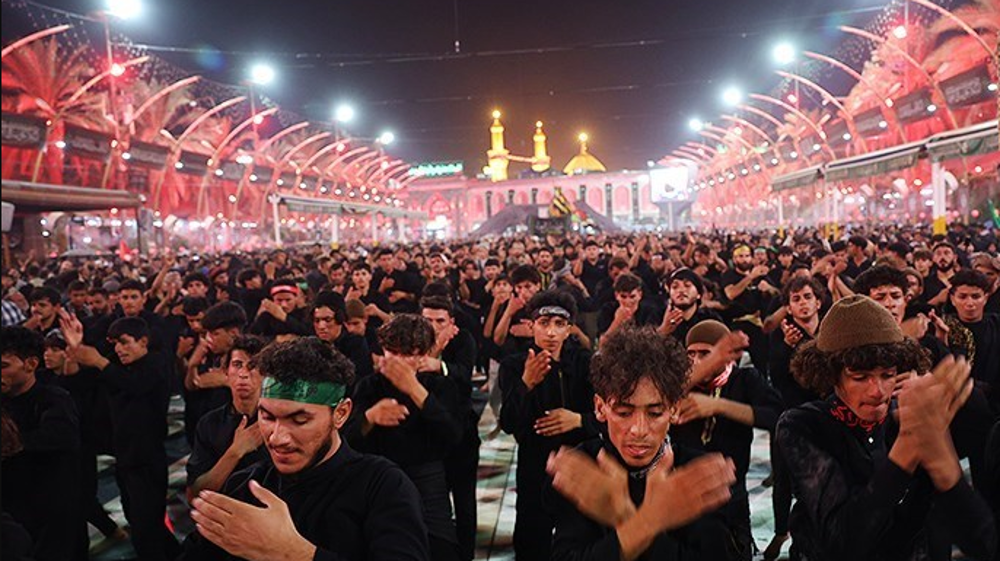
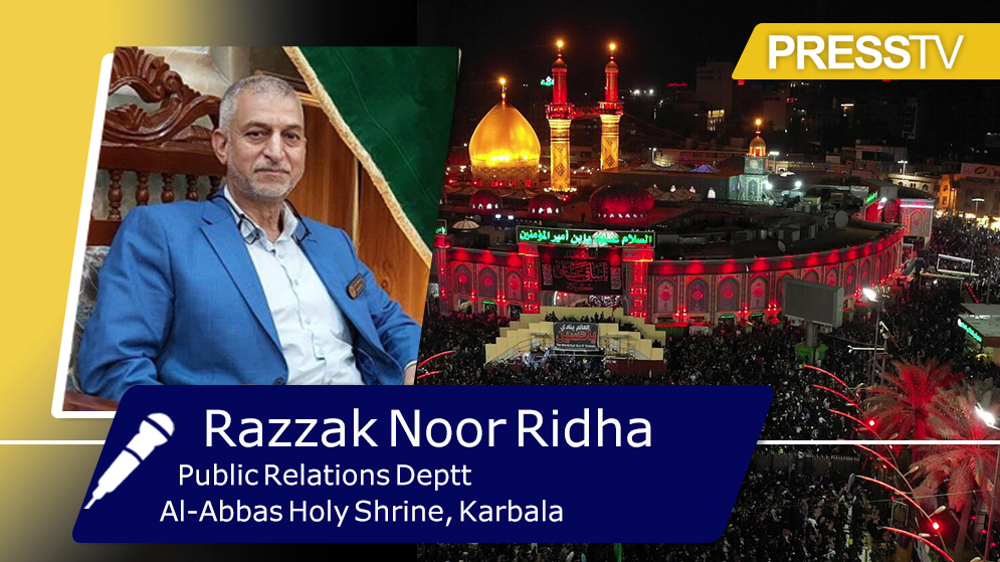
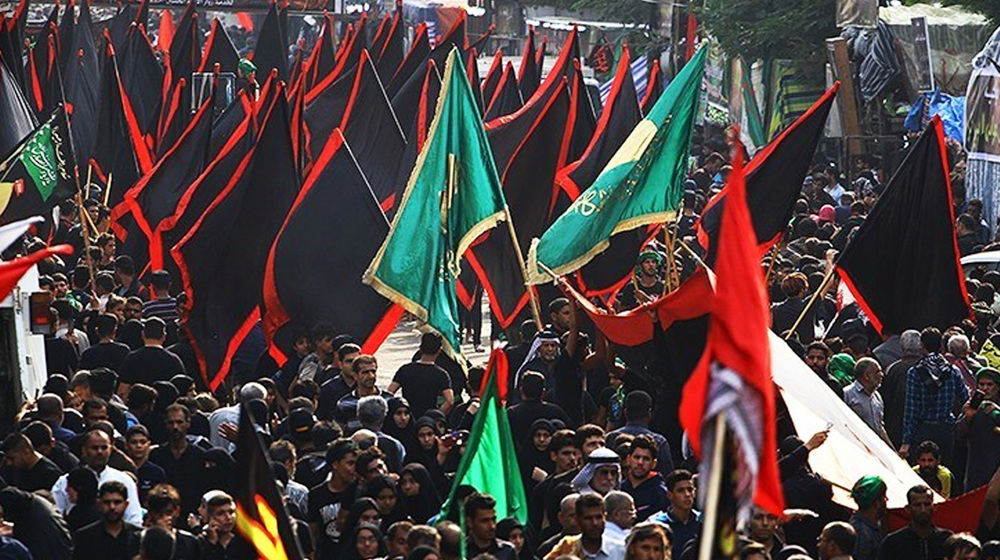
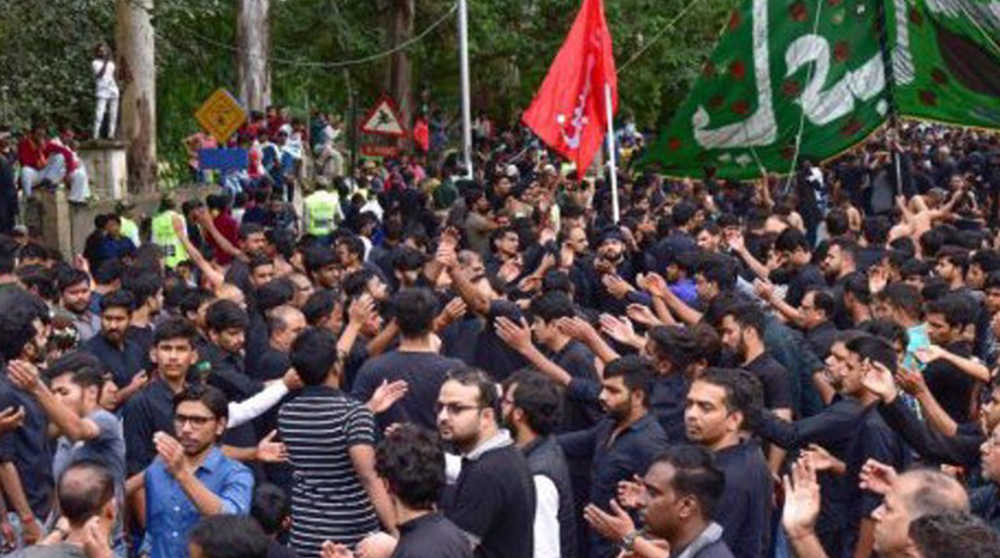



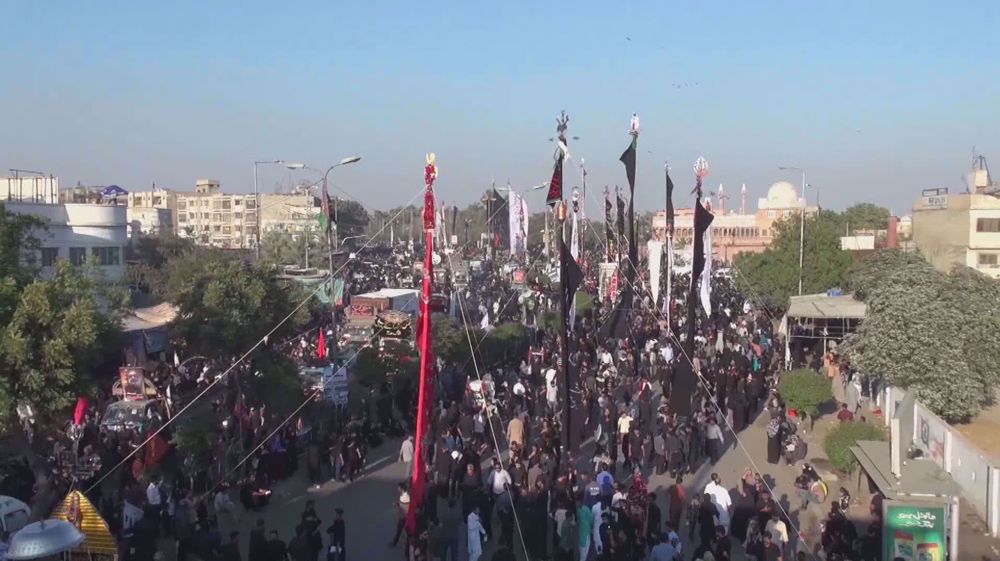
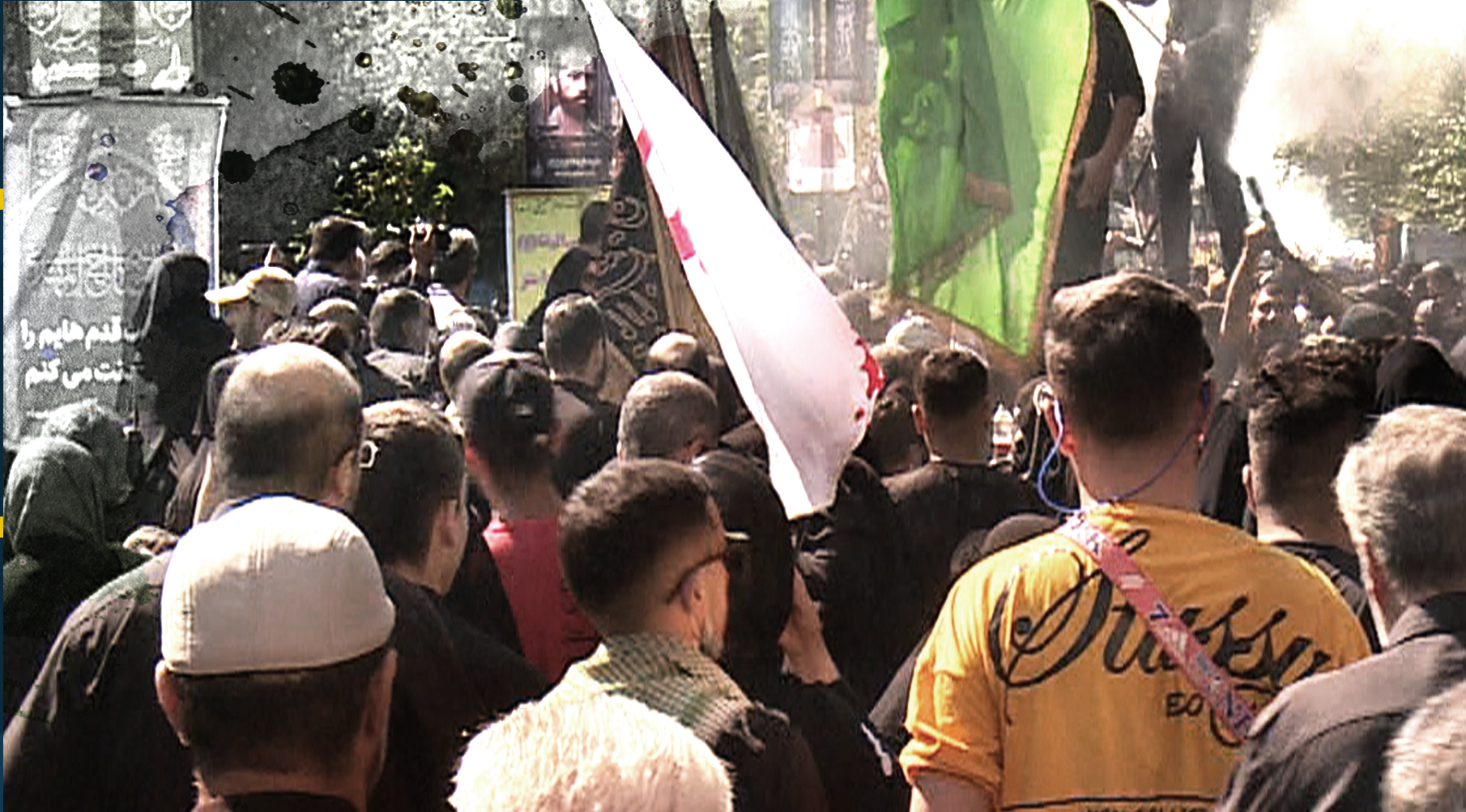
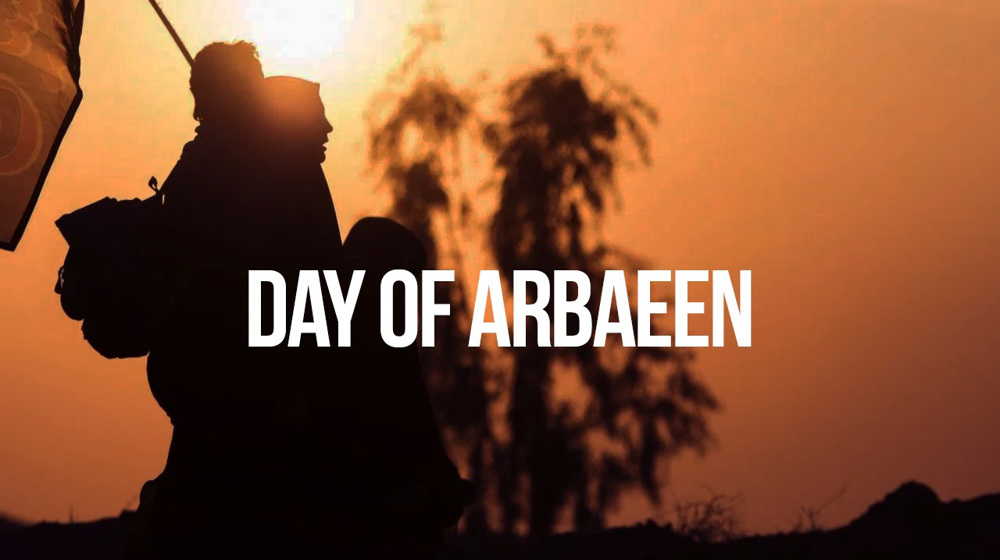

 This makes it easy to access the Press TV website
This makes it easy to access the Press TV website